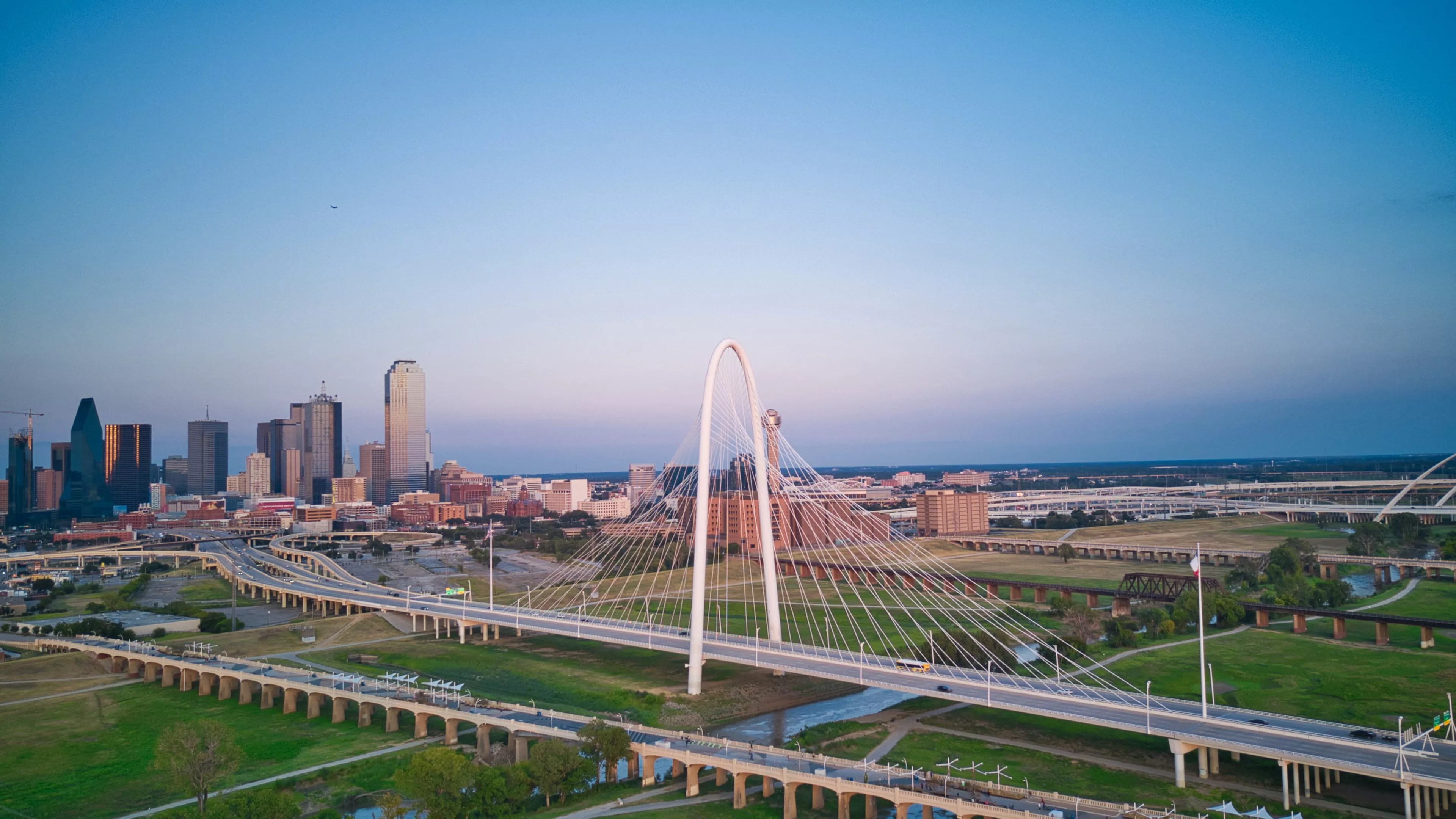
Photo by Daniel Halseth on Unsplash

Audio By Carbonatix
Last week, the Dallas City Council approved funding for a 270-acre mixed-use housing development in southern Dallas called University Hill. It will be located near the University of North Texas Dallas campus and was approved for up to $31.4 million in tax increment funding.
According to the Dallas Economic Development site, tax increment financing (TIF) “identifies under-performing real estate in the City, develops redevelopment plans, works with private developers to implement these plans and reinvests a portion of property tax revenues generated from new real estate development into the area.”
Developers who receiving TIF funding are required to make 20% of the housing affordable for families earning less than 80% of the area median family income for a period of 15 years.
Affordable units must be distributed geographically by unit size and “must avoid disparate impact against protected classes,” for example by limiting affordable housing to one-bedrooms units, which would leave families with children out of the bargain.
University Hill will include single-family homes as well as apartments, commercial space and open green areas.
Dallas council member Tennell Atkins, who represents District 8 where University Hill will be built, said this project has been in the works for a long time, starting with needed sewage and wastewater development in the area.
“We did not know how to bring in sewage and water to that location without a developer coming in first,” Atkins said. “You do development then you bring in infrastructure.”
Atkins said the TIF funding for this development is an investment in the area by keeping money in the neighborhood, which is in dire need of housing.
“Affordable to who? Affordable to all the people sitting in eviction court this morning? Probably not.” – Sandy Rollins, Texas Tenants Union
But while Atkins is excited about this new development opportunity for the neighborhood, Sandy Rollins, the executive director of the Texas Tenants Union, has reservations about whether the housing that will be set aside will actually be affordable for those who need it. Thus far, she says, the TIF program hasn’t delivered much on that front.
“Our criticism of the TIF program is that … it produced an above market rent, or at least a market rent,” Rollins said. “If tax dollars are going in, there ought to be a public benefit.”
According to the Dallas City Hall’s tally, the 2020 family area median income in Dallas was $86,200. The 80% mark for a single-person home was $48,300 and $68,950 for a family of four. Setting the cutoff for eligibility that high will exclude too many people struggling to pay rent.
While there is a need for more housing as more people continue to move to Dallas, housing costs are also skyrocketing amid an affordable housing shortage.
“A lot of these TIF projects could be built with bank loans, and … if they’re not going to
produce an affordable rent, we don’t think they ought to get tax money,” Rollins said. “How you define affordable is everything, you know. Affordable to who? Affordable to all the people sitting in eviction court this morning? Probably not.”